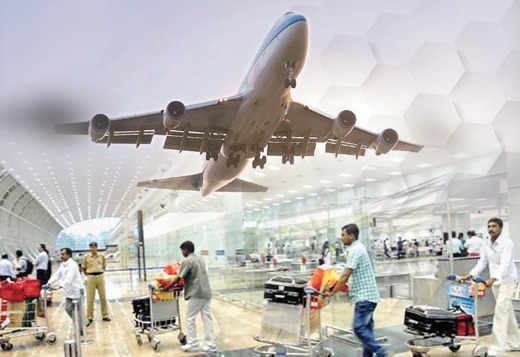A recent study reveals that Muslims in Kerala lead in overseas migration, with 44.7% of Muslim families having at least one member abroad. In contrast, Hindus constitute 38.2% and Christians 17% of migrant households. Among Muslims, a notable 43% have family members working overseas, underscoring the community’s significant role in Kerala’s migration-driven economy.
The research, based on the 2018 migration study by the Centre for Development Studies (CDS), highlights disparities between migrant and non-migrant families. Non-migrant families in Kerala are predominantly Hindu (63%), followed by Christians (21.2%) and Muslims (15.6%). Alarmingly, 42.38% of non-migrant households fall below the poverty line (BPL), exceeding the state average of 38%.
Migrant households, buoyed by international remittances, display higher living standards and better housing quality. About 42.1% of migrant families enjoy ‘high’ living standards compared to 28.9% among non-migrants. Conversely, 39.2% of non-migrant families fall into the ‘low’ living standard category, nearly double that of migrant households (22.2%).
In housing, disparities are stark. While 16.3% of migrant families live in luxurious houses, only 10.4% of non-migrants enjoy similar conditions. Additionally, fewer migrant families (8.2%) reside in ‘poor’ housing compared to 17.8% of non-migrants.
Ownership trends also differ. While 74.2% of migrant households own land, non-migrants trail slightly at 69.7%. Migrants invest more in house construction, with a larger proportion spending above ₹5 lakh, compared to the majority of non-migrants who spend ₹1-₹5 lakh.
The findings underscore how international migration enables economic mobility, lifting many Muslim families above poverty and improving their quality of life.




